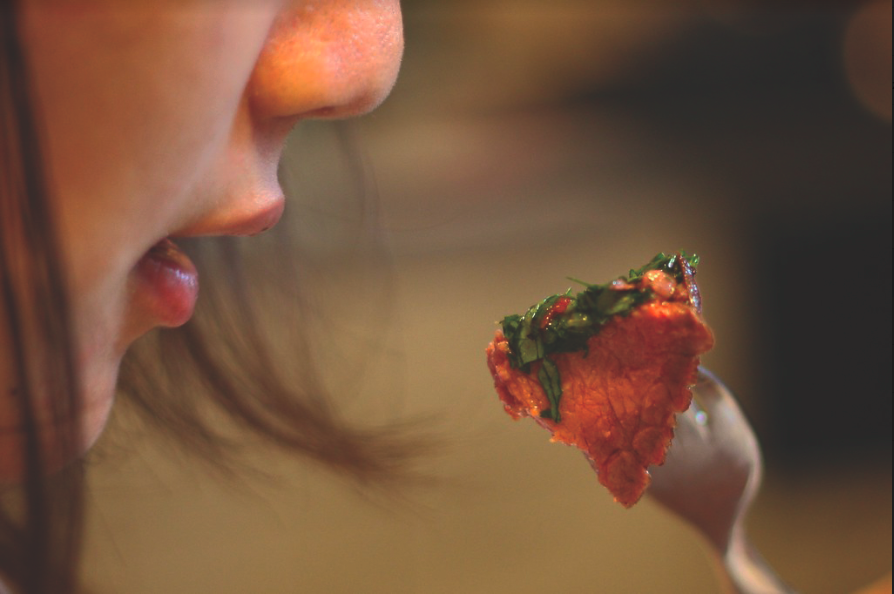Health is an ever-lasting topic around the world. It’s important to slow down the process of eating because eating mindfully not only prevents stomach bloating and congestion, but also diminishes the chance of suffering from a stroke and/or detrimental metabolic syndromes like diabetes and obesity.The process of eating should be delightful and it should result in sufficient energy gain instead of unnecessary weight gain. Every year, countless people die because of unhealthy eating habits and mindful eating can save many lives.
What is mindfulness? It means being attentive and aware of what is taking place in the present. Moreover, “mindful” eating is a nonjudgmental awareness of physical and emotional sensations associated with eating. Being aware of why you are eating, the action of eating and the processes occurring while eating. Once you adapt this habit of eating, it is no longer a dull daily routine for you, but a luxurious private time to yourself or quality time with your family and friends.Losing weight or keeping healthy habits would no longer be a primary concern, since you are constantly aware of what your body needs. The word “mindful” is seldom thought to connect with the eating process. We all know people who nibble here and there, who consume a great amount of food each meal or who eat non-stop while watching a movie and then complain about being so full or gaining weight. Yes, we need to eat to get energy and function efficiently, but to maintain a healthy diet and eat more pleasantly, we need to be aware of what and how we are eating.
The key to approaching mindful eating habits is essentially just two words —slow and aware. No matter if you are eating a full meal or a slight snack, first engage with your senses. Feel the texture of your food (if it’s edible with hands), observe the appearance, distinguish the odor and then put it in your mouth.
The process of chewing is also important. There is an old saying in my family that you need to chew twenty times before you swallow. Of course, it’s not necessary to count numbers every time you chew, but you get to the point of really breaking down your food. The environment and time you eat are also important. Eating without distractions or pressure is one advisable way to prevent mindfulness eating. However, engaging in discussion and being social while eating is encouraged. It’s more likely to increase the chance of excessive eating when you are in a rush or eating in front of the television, computer or phone.
Besides being healthy, it was proven by the National Institutes of Health (NIH) and Harvard Health studies that mindful eating habits can relieve psychological distress, improve digestive and immune systems, regulate positive emotions and increase activity, as well as overall life satisfaction. So practice mindful eating!

















